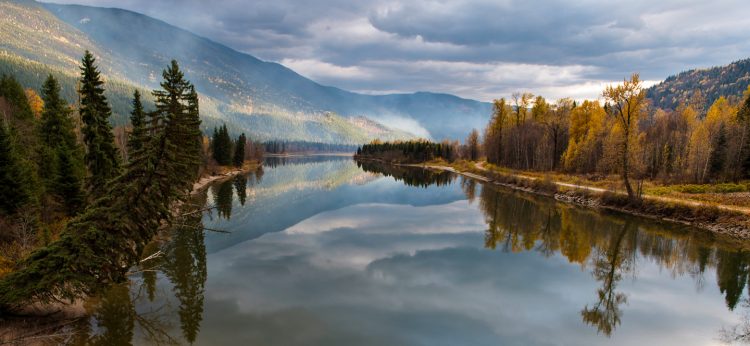
TMX: What’s at stake?
by Garth Lenz and the Corporate Mapping Project | October 29, 2020
New research from veteran earth scientist David Hughes concludes that the Trans Mountain Pipeline expansion project (TMX) makes no financial sense. In fact, Alberta heavy oil producers can expect to lose money on every barrel of oil they produce and move through TMX. Contrary to claims that bringing heavy oil to tidewater for export to …
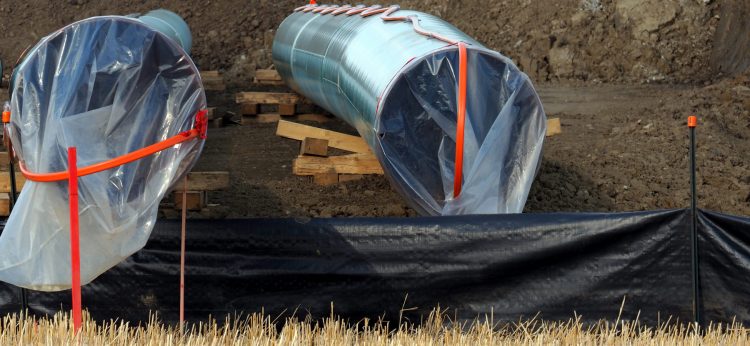
Reassessment of Need for the Trans Mountain Pipeline Expansion Project: Production forecasts, economics and environmental considerations
by David Hughes | October 29, 2020
This report concludes that the Trans Mountain pipeline expansion project (TMX) is not needed to meet forecasted Canadian capacity needs. The author, J. David Hughes, also demonstrates that contrary to claims that bringing heavy oil to tidewater for export to Asia will fetch a higher price, it will likely instead sell at a loss of $4-$6 per barrel. …
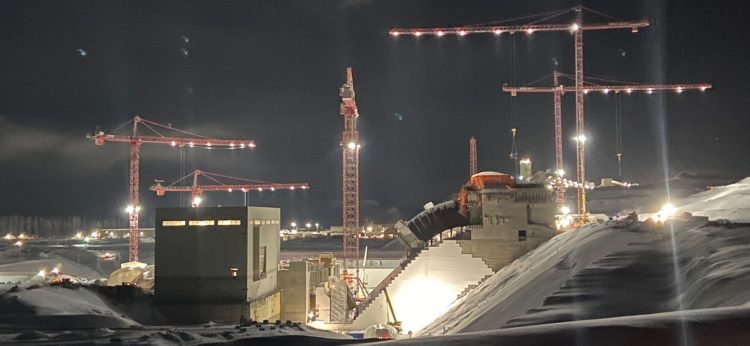
Losing sight at Site C
by Ben Parfitt | October 8, 2020
Court documents and FOI materials show BC Hydro knew shale would move at troubled construction project, yet Hydro proceeded with river diversion BC Hydro approved the pouring of massive amounts of concrete to build a buttress at its problem-plagued Site C dam project months before a critical drainage tunnel was completed to draw water …

Renewable Regina: Putting Equity into Action
by Simon Enoch and Emily Eaton | September 17, 2020
The result of a truly collaborative research effort, Renewable Regina: Putting Equity into Action, makes the case that the City of Regina’s efforts to achieve 100 percent renewability must be equitable if they hope to succeed. Through interviews with 25 community-based organizations, this report demonstrates how City leaders and planners must understand how access to …
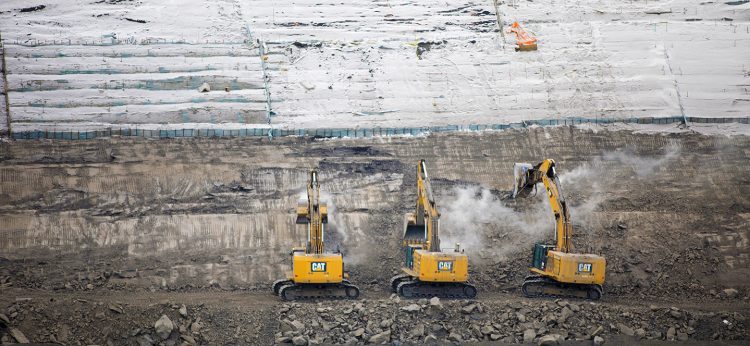
Site C’s radical makeover: What the ‘L’ is going on at problem-plagued dam construction project where costs keep piling up and completion remains years away?
by Ben Parfitt | September 11, 2020
BC Hydro knew 30 years before it started building the Site C dam that its chosen location for the most expensive publicly funded infrastructure project in British Columbia’s history had big problems. In fact, by the 1980s, BC Hydro had done tests showing that the ground at Site C had serious flaws “due to the …
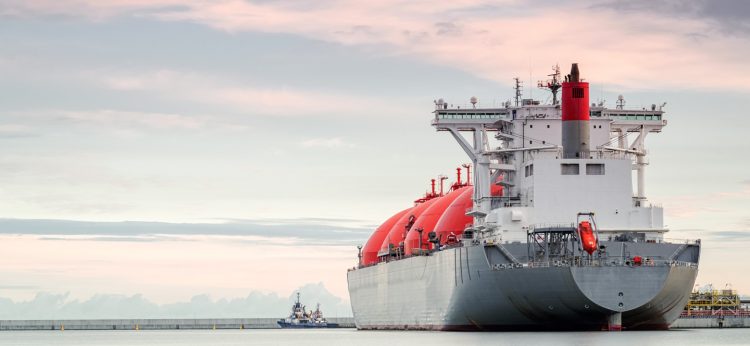
BC’s Carbon Conundrum: Why LNG exports doom emissions-reduction targets and compromise Canada’s long-term energy security
by David Hughes | July 9, 2020
This report assesses the emissions implications of the Canada Energy Regulator’s (CER) 2019 oil and gas production forecast for BC, and the implications of ramping up gas production for liquified natural gas (LNG) export. The British Columbia government has pledged to reduce greenhouse gas emissions by 80 per cent from 2007 levels by 2050 through …
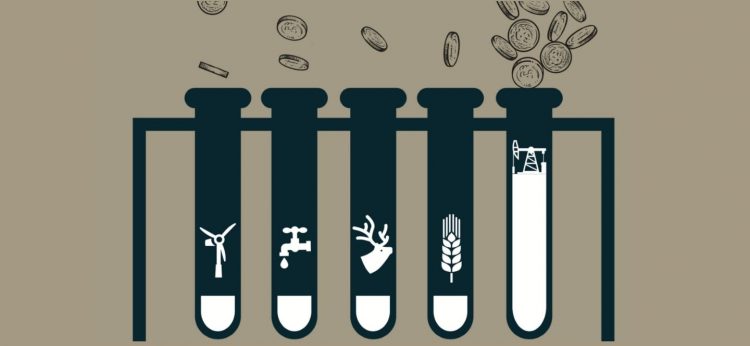
Knowledge for an Ecologically Sustainable Future?
by Laurie Adkin and Laura Cabral | June 24, 2020
Innovation Policy and Alberta Universities As scientists and Indigenous elders have been telling us for decades, life on this planet as it has evolved over millions of years is on the brink of a precipice. Planetary ecosystems are threatened with collapse by the pressures of humans’ appropriation of nature and their production of wastes, pollutants, …
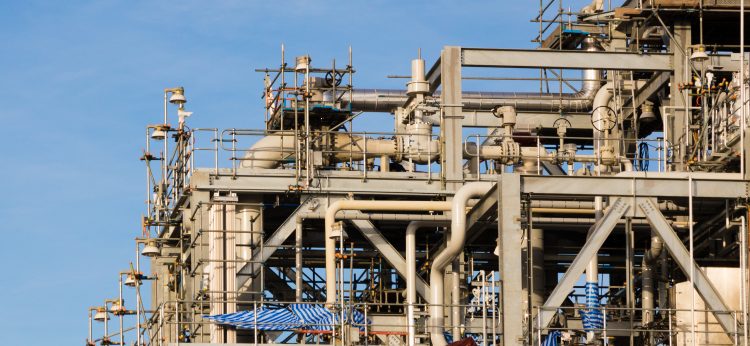
State of Play: COVID-19, carbon and energy
by Marc Lee | June 23, 2020
2020 has been a year like no other in the political economy of energy and climate change. As the new year broke, wildfires spiked by higher temperatures scorched Australia. In Canada, a different fire took hold as a BC gas pipeline sparked a cross-country Indigenous-led uprising. By mid-March, economies around the world were shutting down …
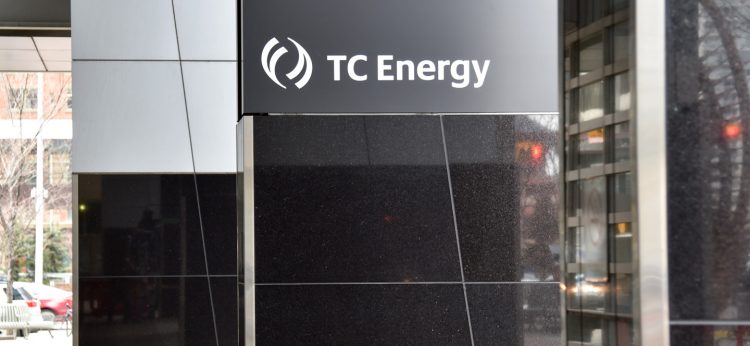
Alberta’s Keystone XL investment benefits oil companies more than Albertans
by Ian Hussey | April 2, 2020
Earlier this week, Premier Jason Kenney announced that the Government of Alberta will borrow money to debt finance the construction of TC Energy’s Keystone XL (KXL) pipeline. More specifically, the Alberta government is making an equity investment in TC Energy of $1.5 billion CAD in 2020, and the government will provide a backstop for the pipeline through a $6 …
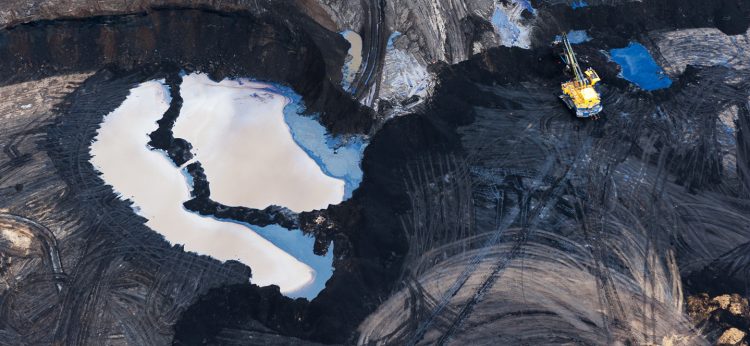
Bailout for people and communities, not oil and gas industry
by Angela Carter | March 26, 2020
Canada is in an economic tailspin due to the COVID-19 pandemic, echoing the worst months of the Great Depression. Yet while millions of Canadians need support to pay for basic necessities, a powerful group of oil company CEOs and lobbyists has insisted on a multi-billion dollar handout from the federal government, to be released any …
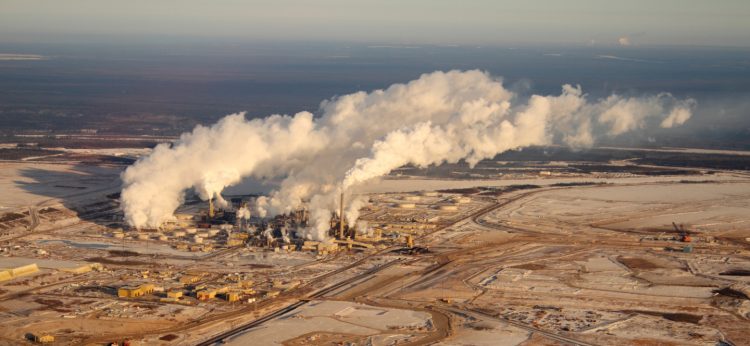
Governments should support oil sands workers, not companies
by Ian Hussey | March 24, 2020
About two weeks ago, my new Corporate Mapping Project report on the future of Alberta’s oil sands industry was published. The report analyzes how the oil sands industry, in the early years of the mature phase of its business life cycle, is producing more bitumen with less capital and fewer jobs. The figure below, produced by earth …
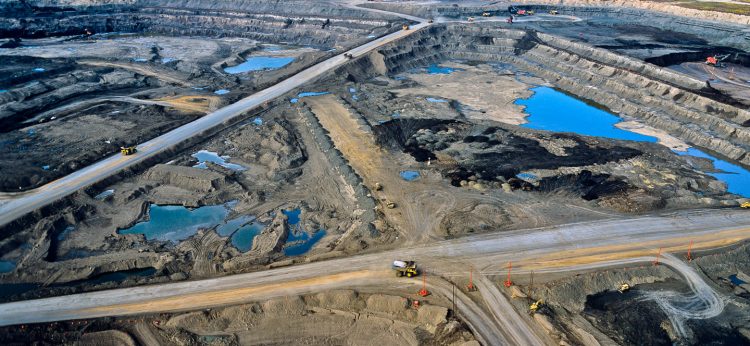
The Future of Alberta’s Oil Sands Industry: More production, less capital, fewer jobs
by Ian Hussey | March 10, 2020
As debate continues to rage over pipelines for Alberta’s oil, this report analyzes how the oil sands industry, in the early years of the mature phase of its business lifecycle, is producing more bitumen with less capital and fewer jobs. “Since the 2014 oil price crash, advancements in extractive technologies and modular facility design have …











